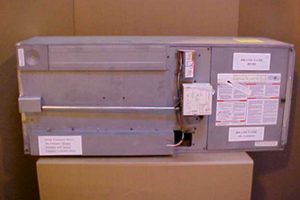
CPSC Recalls Furnaces, Bicycle Stands, and Boys Pajamas
CPSC Recalls Three Products. The U.S. Consumer Product Safety Commission (CPSC) just announced three more recalls involving a furnace due to a fire hazard, bicycle stands for a fall hazard, [...]

